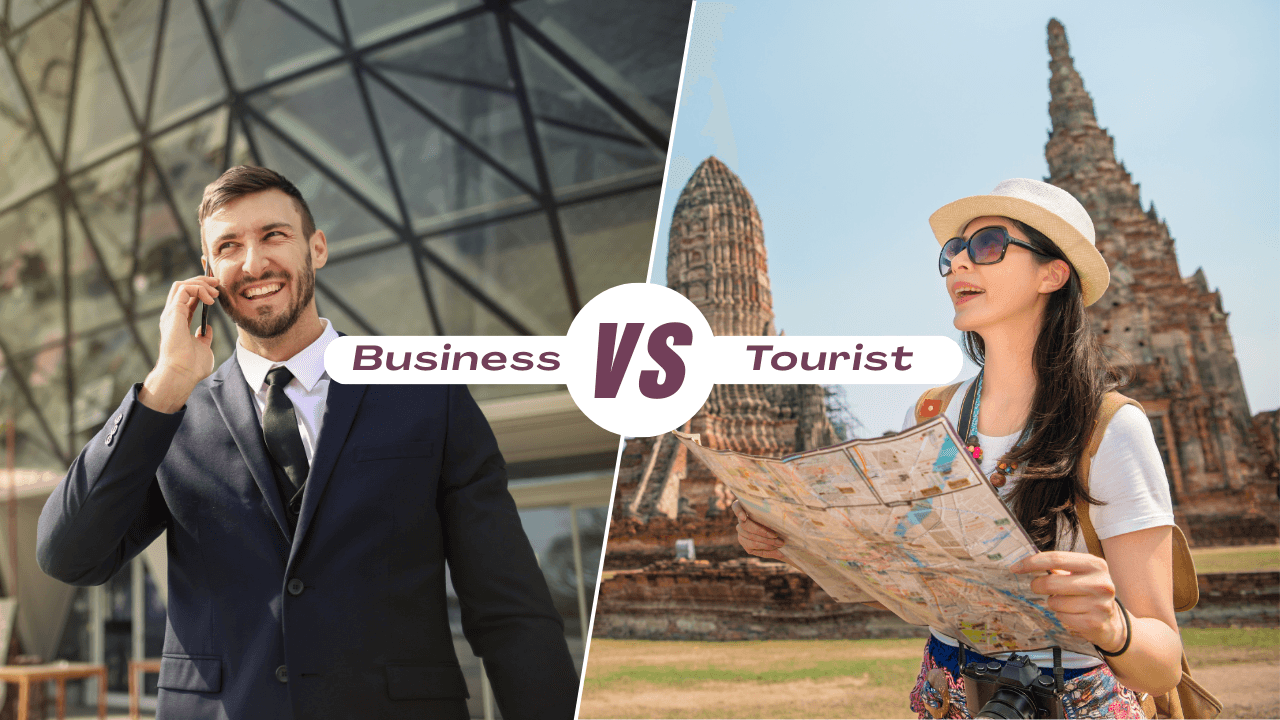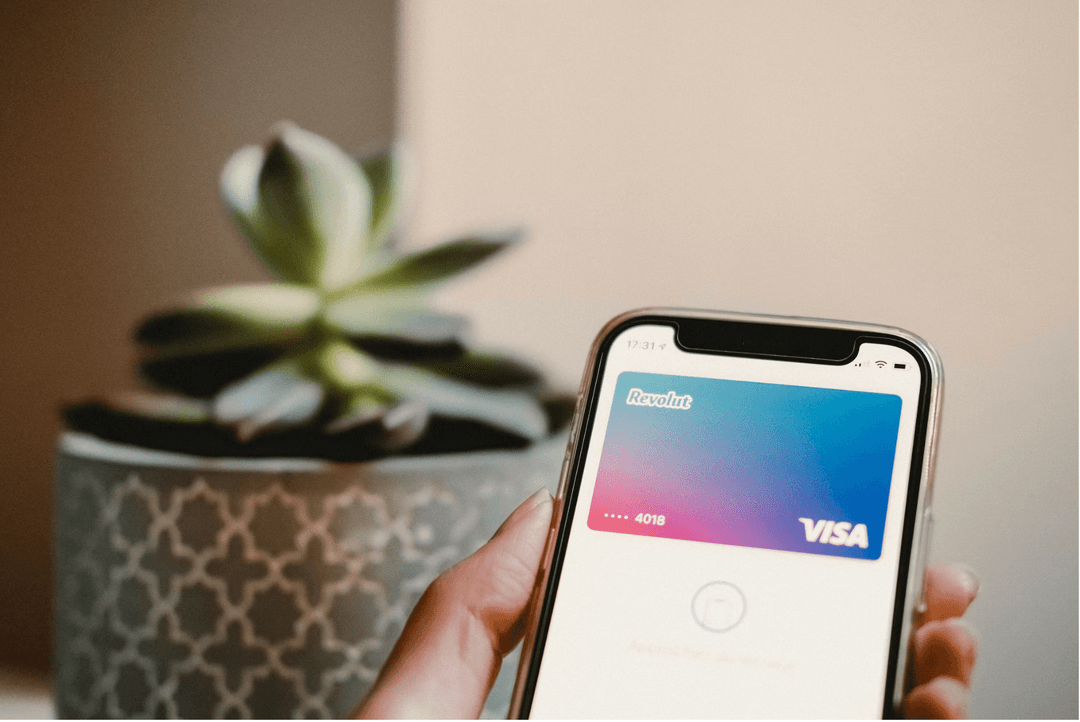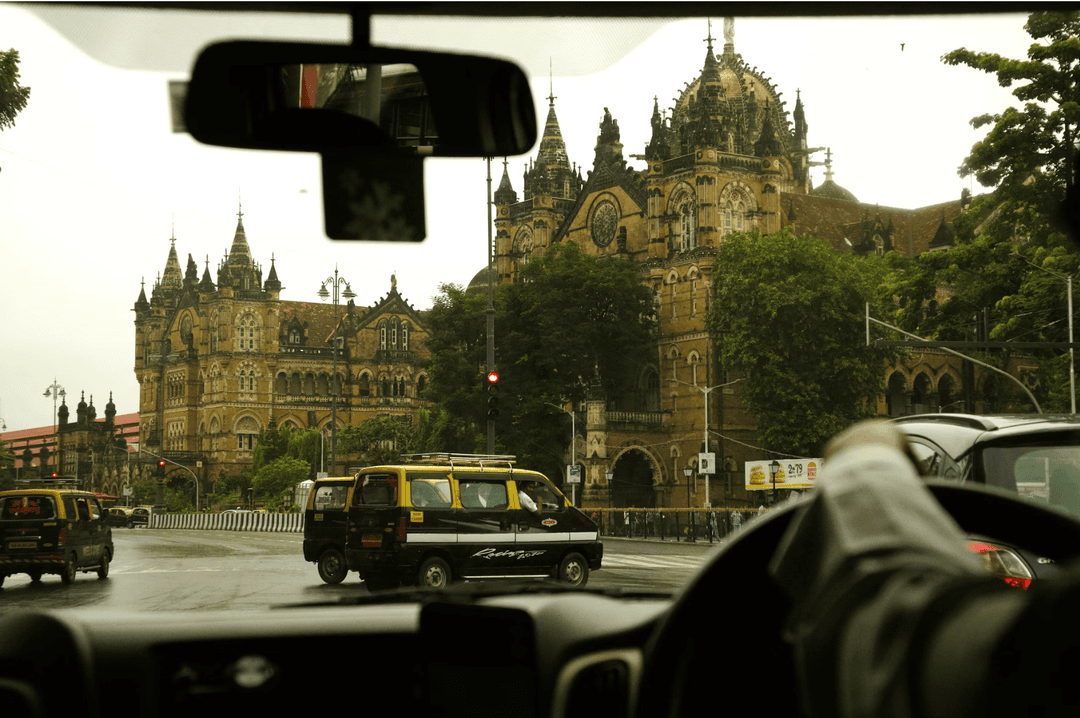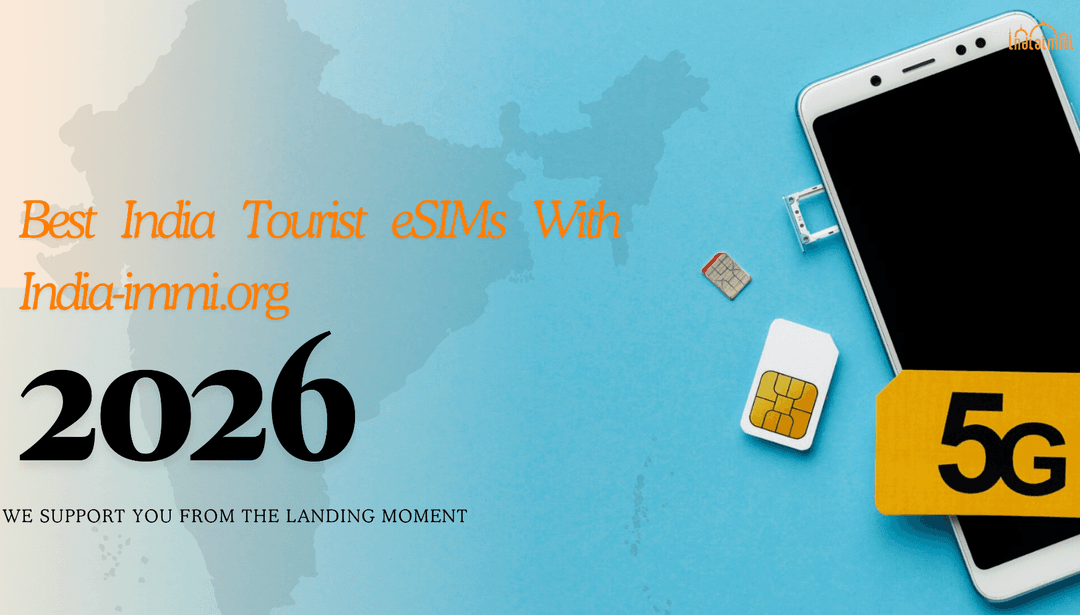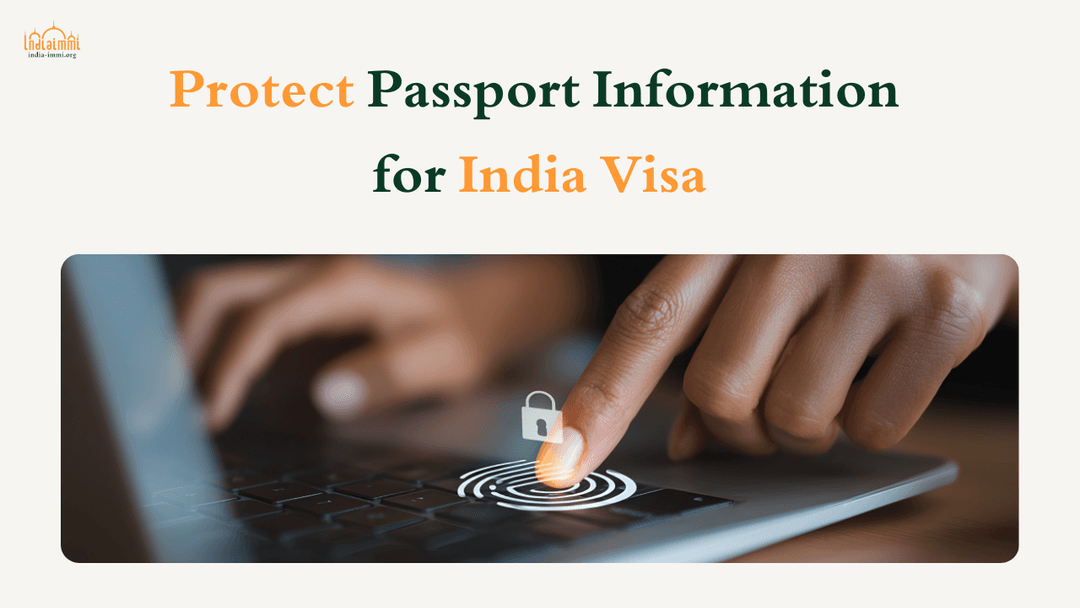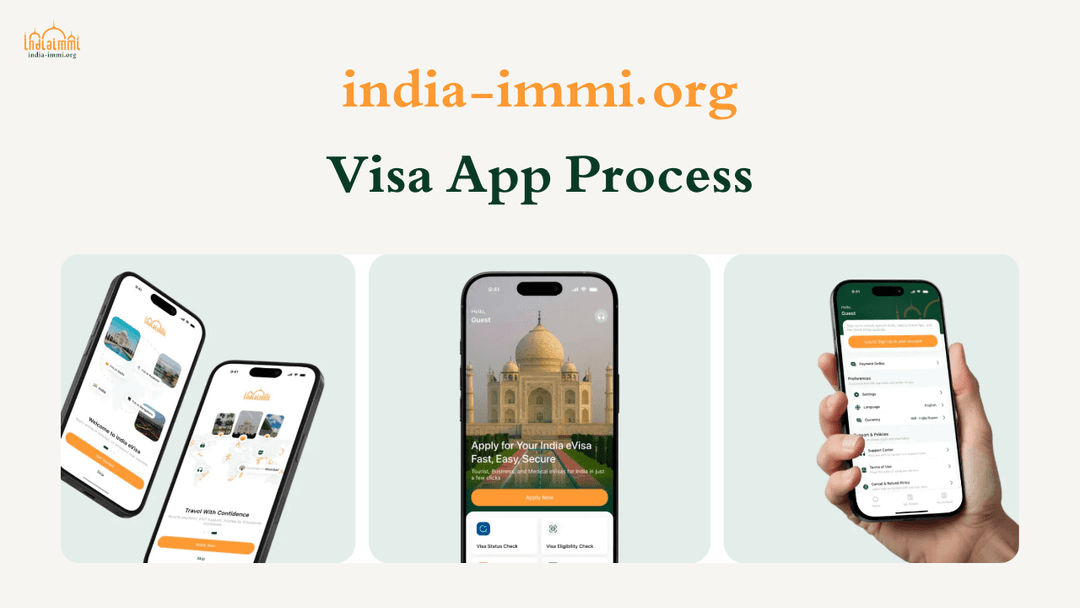In today’s globalized world, traveling between countries is no longer uncommon. Whether it’s for exploring new lands on a vacation or expanding your business network, every trip requires thorough preparation of legal documents-of which a visa is a top priority. However, not everyone fully understands the difference between a tourist visa and a business visa, leading to cases of entry denial or unnecessary legal troubles.
In today’s article, we will analyze in detail the differences between a tourist visa and a business visa, as well as important notes when preparing your documents, helping you feel confident and secure on every journey.
1. What is a Tourist Visa?
A tourist visa is a type of visa issued to individuals traveling for tourism, leisure, visiting relatives, or sightseeing in another country. This visa is usually valid for a short period, typically from 15 days to 3 months, depending on each country’s regulations.
Main features of a tourist visa:
-
Purpose: Tourism, leisure, visiting relatives, cultural exploration, entertainment.
-
Required documents: Usually includes proof of financial capability, travel itinerary, round-trip airfare, hotel bookings, travel insurance, and a valid passport.
-
Processing time: From a few days to a few weeks, depending on the country.
-
Restrictions: Not allowed to work, engage in business, or participate in commercial activities.
2. What is a Business Visa?
A business visa is a type of visa granted to individuals traveling abroad for work purposes such as meeting partners, signing contracts, attending conferences, seminars, or conducting market research.
Main features of a business visa:
-
Purpose: Short-term work, meeting partners, attending trade events, exhibitions, training.
-
Required documents: In addition to basic documents such as a passport, a business visa requires an invitation letter from the foreign company/partner, an introduction letter from the company in Vietnam, proof of business relationships (contracts, email exchanges, etc.).
-
Processing time: Similar to tourist visas but may require additional documents proving the business purpose.
-
Benefits: Not permitted for long-term work or settlement, but may be extended or converted to another type of visa in-country (depending on regulations).
3. Tourist Visa vs. Business Visa: Key Differences
|
Factor |
Tourist Visa |
Business Visa |
|
Purpose |
Sightseeing, leisure, entertainment |
Work, business, meeting partners |
|
Duration of stay |
Generally shorter, up to a few months |
Depends on the country, may be longer |
|
Documentation |
Simpler, no invitation required |
More complex, requires an invitation, introduction letter |
|
Consequences of violation |
Administrative fines, entry bans |
Heavier penalties, affecting business records |
Understanding these differences will help you choose the right type of visa for your trip, avoid legal violations in the host country, and protect your personal and professional reputation.
4. Notes When Preparing Visa Application Documents
Whether applying for a tourist or business visa, preparing complete and accurate documents is the most important step. Below are essential notes you shouldn’t overlook:
For a tourist visa:
-
Prepare a detailed itinerary: Destinations, means of transportation, accommodation, daily schedule.
-
Financial proof: Savings book, bank statements, property documents (if any).
-
Round-trip airfare, hotel bookings.
-
Travel insurance suitable for the destination country.
For a business visa:
-
Official invitation letter from the partner company, clearly stating purpose, time, and location of the business activities.
-
Introduction letter from the company in Vietnam, with the official seal and authorized signature.
-
Commercial contracts, documents proving the business relationship.
-
Proof of stable employment in Vietnam to ensure return after the trip.
5. Risks of Using the Wrong Visa Type
Using the wrong type of visa – for example, traveling on a tourist visa for business purposes, or vice versa – can lead to serious complications. Many people assume that “as long as you can enter the country, it’s fine,” but in reality, immigration authorities (especially in India) scrutinize the purpose of your trip very carefully.
Common consequences of using the wrong visa include:
-
Being denied entry at the airport – You may be required to return to your home country on the next available flight, costing you both time and money.
-
Fines or entry bans – In some cases, violations can result in being banned from entering India for several years.
-
Impact on future visa applications – A record of “misuse of visa” can make obtaining future visas, whether for tourism or business, much more difficult.
-
Legal issues – If you are found engaging in commercial activities on a tourist visa (or vice versa), you may face penalties under local laws.
Tip: Before submitting your application, clearly define the purpose of your trip to choose the correct visa type. If you are unsure whether you need a tourist or business visa, contact India-immi.org for detailed advice and assistance in preparing your application quickly and in full compliance with regulations.
Conclusion
Understanding the difference between a tourist visa and a business visa not only helps you choose the correct visa for your trip but also avoids legal trouble and protects your personal and business reputation. Whether it’s a relaxing vacation or an important business trip, careful preparation is always the key to a smooth and fulfilling journey.
Don’t let visa issues ruin your trip! Equip yourself with knowledge and prepare your documents thoroughly today - contact us now for free consultation and fast application support!
📌 India-immi.org Contact Information:
Address: No. 40–42, Thien Phuoc Street, Tan Hoa Ward, Ho Chi Minh City
Hotline: +84.379.522.522
Email: sales@india-immi.org



